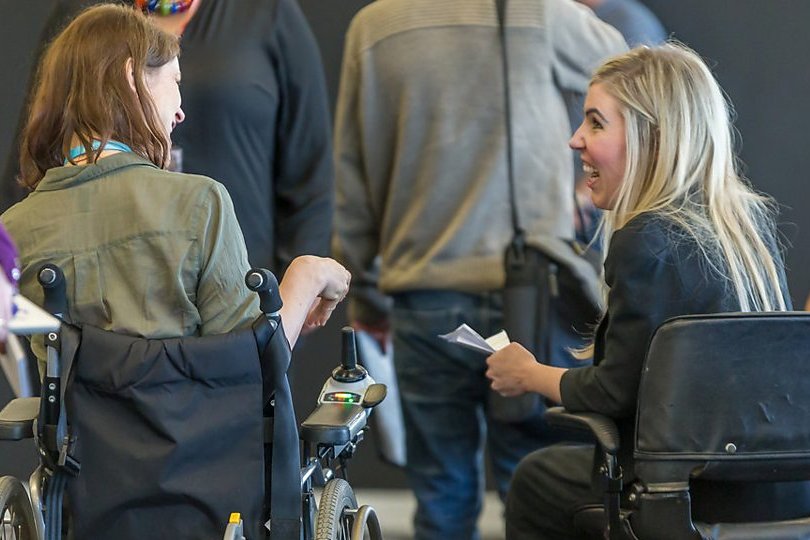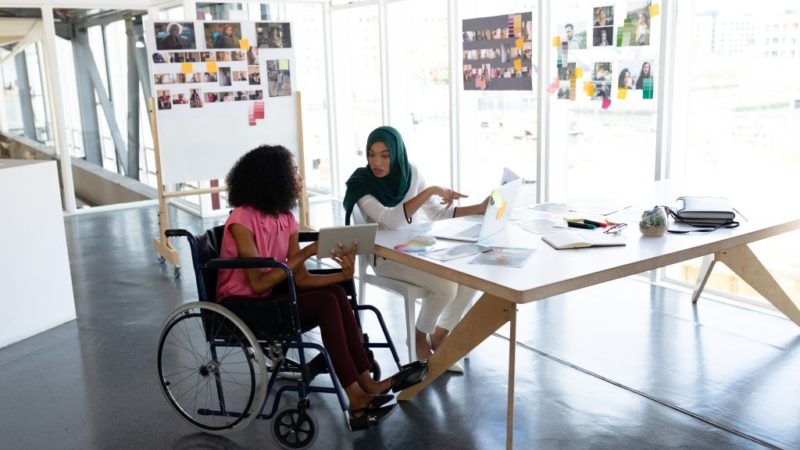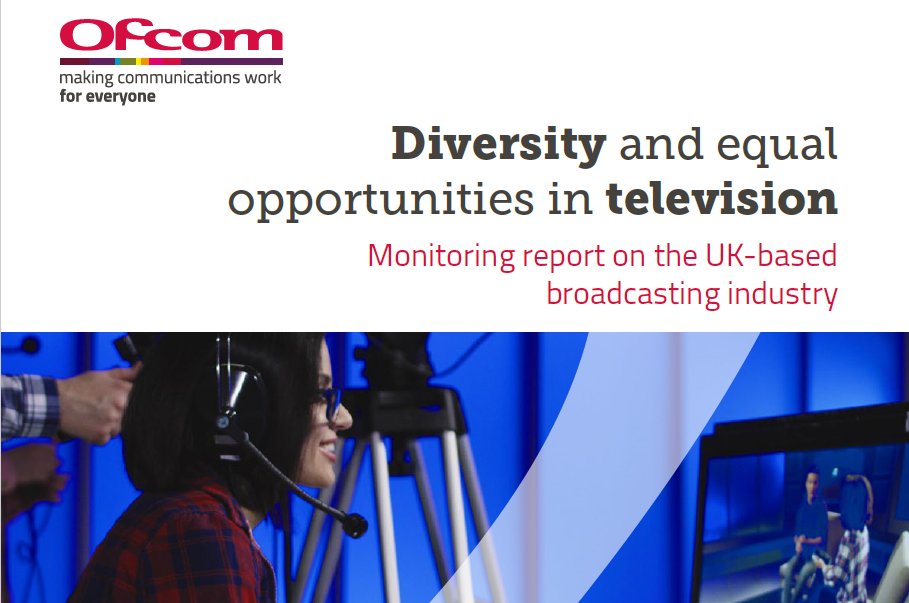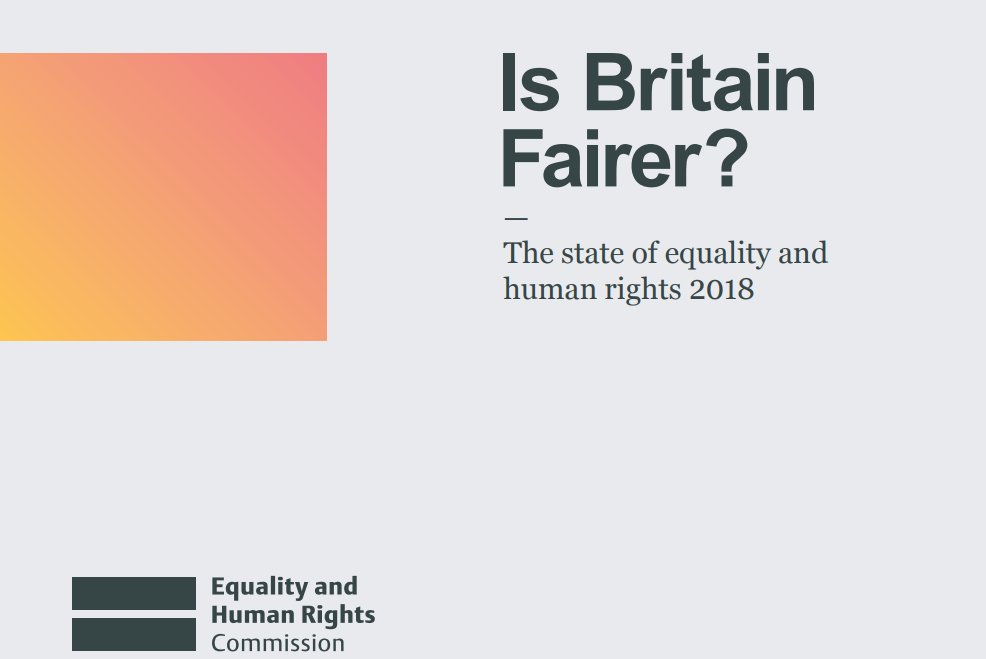BBC to be an inclusive workplace for disabled staff

More action will be taken to help disabled staff succeed and progress at the BBC, the Corporation said in a statement issued today (6th November 2018). A review involving staff and the BBC’s Ability network, which supports disabled staff, has made a number of recommendations which will now be adopted, It is the latest in a series of reviews aiming to make the BBC the most supportive and inclusive organisation to work in.
The review recognised that the BBC currently has an open culture in relation to disability, with 94.4% of BBC employees having disclosed whether they have a disability or not. More than 2,000 BBC employees, 10.4% of its workforce and 9.5% of its leaders, have disclosed a disability as defined by the UK Equality Act.
Initiatives including the BBC’s Elev8 Programme and the new BBC Writersroom initiative The Writers Access Group aim to successfully mentor and develop disabled people across the BBC.
But the BBC has been clear about wanting to go further. Earlier this year, Director General Tony Hall pledged to increase the numbers of disabled staff and freelancers on production teams, signing up to the Creative Diversity Network’s Doubling Disability initiative.
Disabled staff taking part in the review said they would benefit from hearing from disabled role models at senior level and more awareness among line managers about the diverse nature of disability.
Many of those who took part in the review also said it would be helpful to have a more detailed picture of the nature of the disabilities employees have disclosed and that co-ordination around disability initiatives could be improved.
The recommendations have been accepted by the BBC’s Executive Board and include:
- Increasing the BBC’s target for disability in its workforce from 8% in 2020 to 12% in 2022
- Gain a better understanding of our workforce through asking supplementary questions in our staff census
- Including disabled employees in all development and leadership programmes
- Ensuring recruitment processes and trainee and apprenticeship schemes provide specific support for disabled applicants, which is made clear when people apply for roles
- Introduce a centralised ‘BBC Passport’ to inform managers about the support each person needs
Mandate disability awareness training for all team managers
Anne Bulford, BBC Deputy Director-General and Project Sponsor, says: “This project has given us a unique opportunity to hear from disabled colleagues across the BBC, to understand their concerns, aspirations and how we can make the BBC the best organisation for them. We are committed to creating a vibrant, diverse organisation that values difference and capitalises on the talents of everyone who works here, and supporting the career progression of disabled staff is essential to achieving this.”
This is the final review in a series of culture and career progression projects which have also looked at gender, ethnicity, LGBT and socio-economic diversity. The BBC will now produce one delivery plan to support the career progression of staff across the organisation.
Tunde Ogungbesan, BBC Head of Diversity, Inclusion and Succession, says: “These five reviews exploring BBC culture and the career progression of employees across our workforce have provided an opportunity for colleagues to work together, share their views and ideas and shape the action we are taking now to create a more inclusive BBC.”




